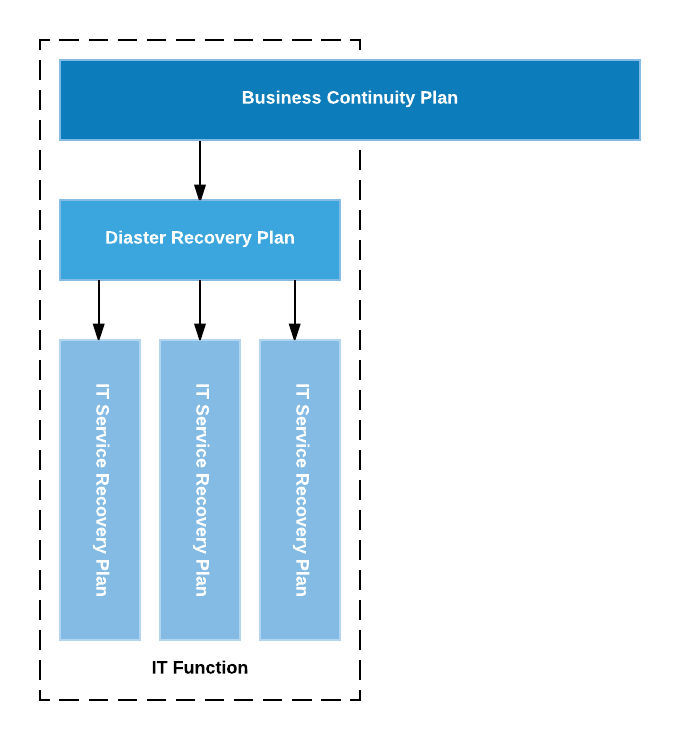NOTE: It's probably not worth reading too much into the outward comprehension of how good-or-not StackExchange is at managing their disaster recovery scenarios. I suspect they are following much of the best practice below and simply testing scenarios to validate their configuration.
Depending on the environment you operate within:
A disaster recovery plan might form part of a larger Business Continuity Plan, a Business Continuity Plan would also likely consider operational risks to you people, organisation, locations, information, partners and management systems.
A disaster recovery plan might be broken down into many IT Service Continuity Plans for individual services. The disaster recovery plan would likely incorporate people and process along with the technical aspects of the service.

Given these definitions, you might consider ways of improving the capability of the organisation as a whole to be resilient against failure:
